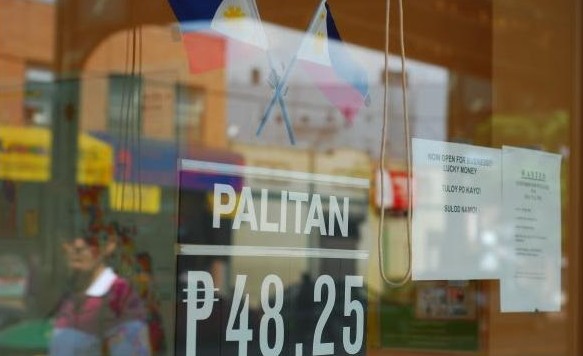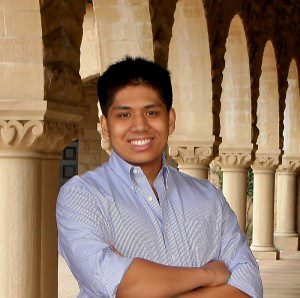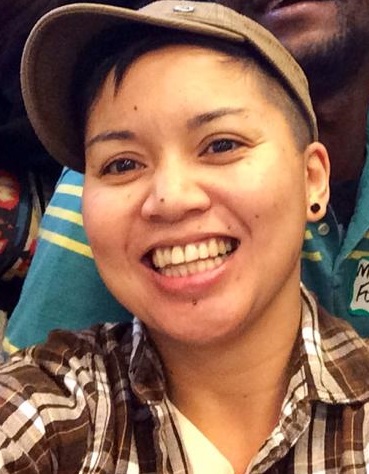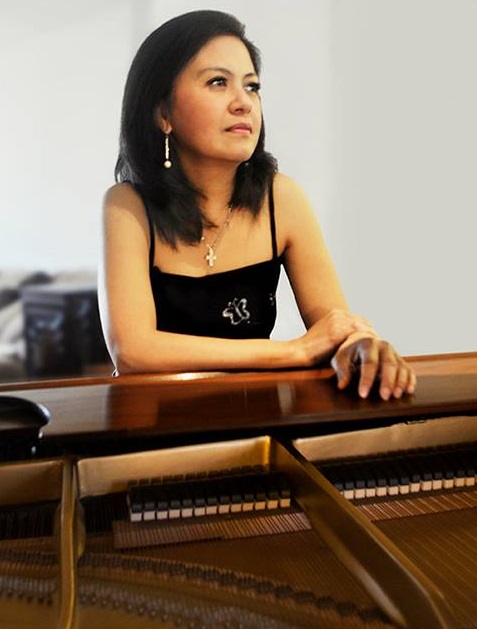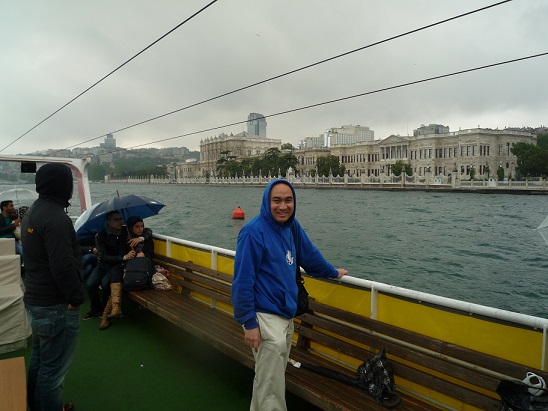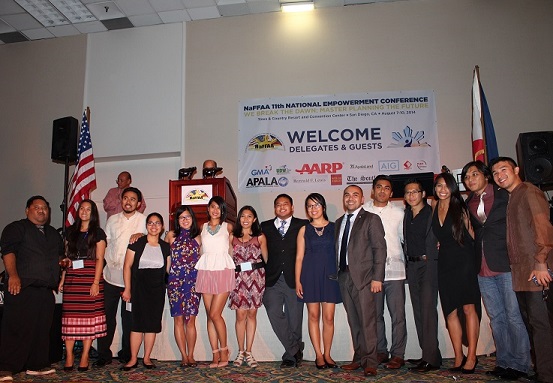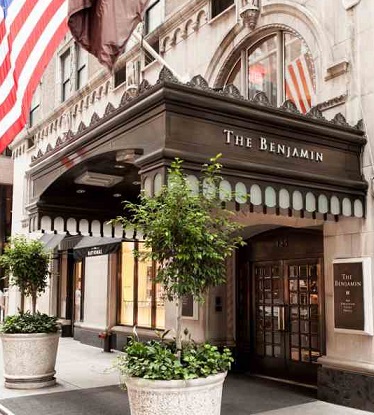Tagalog course at Yale a ‘significant milestone’ – Congen Mangalile

NEW HAVEN, CT — Consul General Senen Mangalile met with representatives of Yale’s Council on Southeast Asia Studies on February 21 to explore potential partnerships in research, cultural exchange, and initiatives that promote Philippine heritage.
The consul general also congratulated Yale on its upcoming offering of Filipino (Tagalog) as a credited language course starting in the Fall Term of Academic Year 2025-2026, recognizing it as a “significant milestone in strengthening Philippine language and cultural studies in higher education.”
Accompanied by Trade Commissioner Benedict M. Uy, Vice Consul Cathe Ryne Denice S. Aguilar, and Economic Assistant Nikka B. Arenal, Congen Mangalile engaged in discussions with Yale faculty members, including Prof. Erik Harms, Dr. Dini Alethiani, Dr. Ruth Barnes, and Ms. Charmaine Wong. Leaders of Kasama, Yale’s Filipino student association, also participated.
According to the Yale Daily News, the Tagalog course was largely driven by the advocacy of Kasama, whose student leaders mobilized support from the administration and faculty. Mangalile commended their efforts and reaffirmed the Consulate’s readiness to support the program.
The new Tagalog course comes after months of formalized student advocacy from Tagalog @ Yale, an initiative within Yale’s Filipino club, Kasama. Since fall 2023, students in the initiative have been working with faculty in CSEAS and the Center for Language Study as well as members of the Yale College Council to make the course a reality.
Previously, students were able to learn Filipino (Tagalog) through the Directed Independent Language Study, a program that matched students to a language partner, rather than a professor, and did not offer course credit.
“Tagalog is the fourth most-spoken language in the U.S.,” Janina Gbenoba ’27, a Kasama member active in the initiative, told the News. “So we feel very strongly about it having a place at Yale, both for members of Yale’s Filipino community and because we really do believe that even people outside of the Filipino culture would have an interest in studying it.”
Discussions also touched on the potential establishment of a Philippine Studies initiative, with both sides expressing openness to exploring ways to expand Philippine-related academic offerings in the future.
The meeting also focused on cultural collaborations, including potential participation in the International Festival of Arts and Ideas in New Haven, a major cultural event where Philippine heritage could be showcased through performances and exhibits. Mangalile introduced the Consulate’s Fiber, Fabric, and Textile Promotion Program, which highlights Philippine indigenous textiles. Yale’s museums and researchers expressed interest in exploring partnerships and future exhibitions that integrate Philippine weaving traditions and material innovations into Yale’s curatorial and educational initiatives.
Mangalile presented a copy of “The Frontiers of Foreign Policy: Essays on Philippine Soft Power” to be included in the university’s Southeast Asian studies collection, reinforcing the importance of engaging academic institutions in discussions on Philippine foreign policy and regional dynamics.

